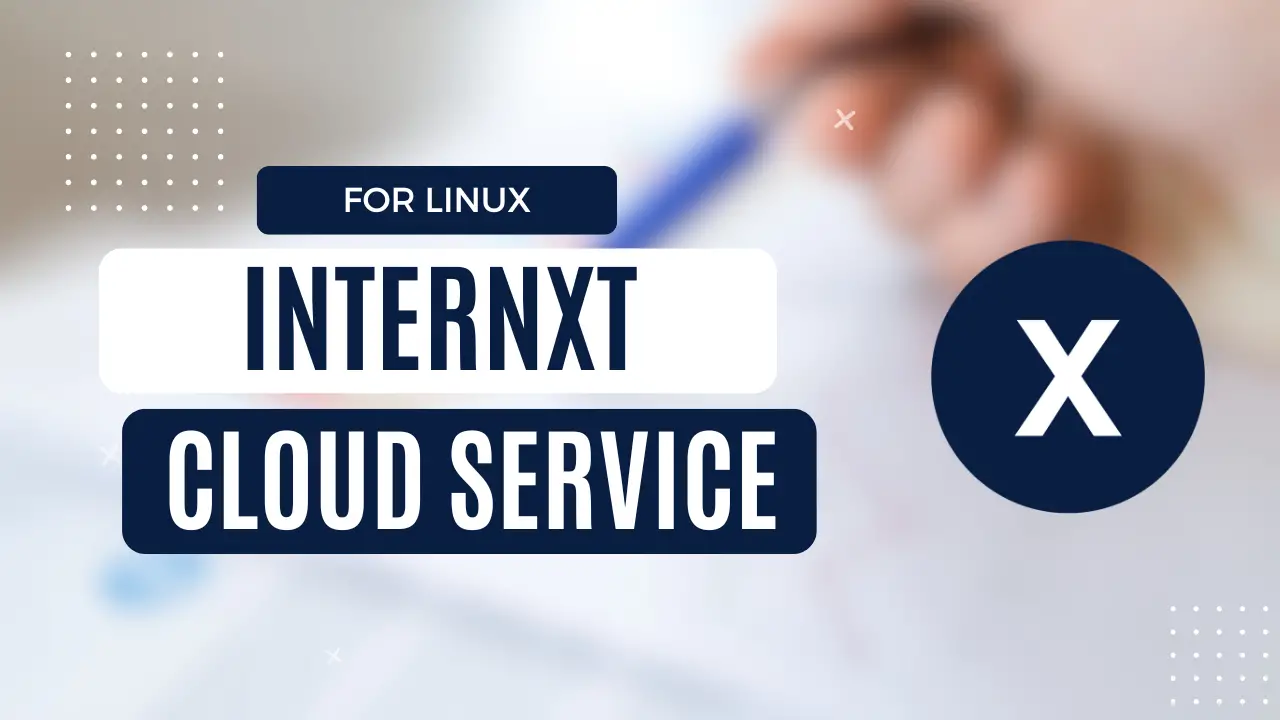Advice on Selecting the Best Logistics Software
Table of Contents
For companies engaged in supply chain management and transportation, choosing the appropriate logistics software is essential. The performance of logistics may be improved overall by streamlining procedures, increasing efficiency, and using the correct tools. It might be difficult to choose the finest logistics software since there are so many alternatives on the market.
Determine Your Business’s Needs
It’s crucial to evaluate your unique company goals and requirements before comparing various logistics software choices. Determine the problems and areas in your logistics operations that need improvement. Take into account elements like inventory monitoring, route optimization, reporting, order administration, and warehouse management. It will be easier for you to choose a software solution that supports your objectives if you are aware of your company’ demands.
Accessibility on Mobile
Having mobile accessibility is essential for logistics software in the mobile-driven world of today. Look for software with adaptable web interfaces or mobile applications that provide access to essential data and features while on the road. Real-time monitoring, communication, and cooperation are made possible by mobile accessibility or custom logistics software development, which improves both operational effectiveness and customer service.
Define the Main Attributes and Capabilities
Determine the fundamental characteristics and capabilities of your logistics operations. Real-time tracking, automated order processing, inventory management, route planning, freight management, and integration capabilities are a few typical characteristics to take into account. Make a list of essential characteristics and rank them according to how important they are to your company.
Flexibility and Scalability
Select a logistics program that can expand and change to meet the changing demands of your company. Take into account elements like the number of users, transaction volumes, and capacity for future expansion. The software must be adaptable enough to suit changing needs and smoothly interface with other systems or outside solutions.
Friendly User Interface
For successful adoption and usage, the logistics software’s usability is essential. Software with a user-friendly, simple-to-navigate interface is what you should look for. Your staff should just need a little training on the program to get started using it right away. User productivity may be increased and mistakes can be decreased with a clear and well-designed interface.
Capabilities for Integration
The logistics software’s interoperability and integration abilities with your current systems, such as ERP (Enterprise Resource Planning), CRM (Customer Relationship Management), or warehouse management software, should be taken into account. Automatic integration decreases mistakes, does away with the need for human data input, and increases productivity. Make that the program permits data transfer through APIs (Application Programming Interfaces) or other integration techniques.

Data Privacy and Security
Information on customers, cargo information, and financial information are all involved in logistics operations. Make sure that data security and privacy are given top priority by the logistics software you use. Look for features like access limits, encryption, and frequent security upgrades. Verify that the program conforms with all applicable data protection laws, including the GDPR (General Data Protection Regulation).
Support and Training for Customers
Think about the logistics software provider’s degree of customer service and training. Reliable customer service guarantees prompt help in the event of problems or inquiries. The software’s capabilities should be easily accessible to your staff, along with training materials, documentation, and tutorials.
ROI and Price
Consider the license fees, installation expenses, continuing maintenance costs, and support when estimating the cost of the logistics software. Take into account the ROI the program may provide by enhancing operational effectiveness, lowering mistakes, and streamlining logistical procedures. To make an educated choice, consider the software’s possible cost savings and long-term advantages.
Reviews from Users and References
Ask for customer reviews and recommendations from the program supplier before making your decision. User evaluations and testimonies may provide light on the functionality, dependability, and level of customer satisfaction of the program. Talk to companies that are comparable to yours and have utilized the software to learn about their experiences and advantages.
Conclusion
For a variety of reasons, logistics software may aid in streamlining the shipping and delivery procedures. First, it lowers costs via more effective operations, enabling businesses to charge consumers less. Additionally, logistics solutions can effortlessly interface with other software programs to prevent you from losing track of crucial data or encountering issues when converting.
LinuxAndUbuntu Newsletter
Join the newsletter to receive the latest updates in your inbox.




